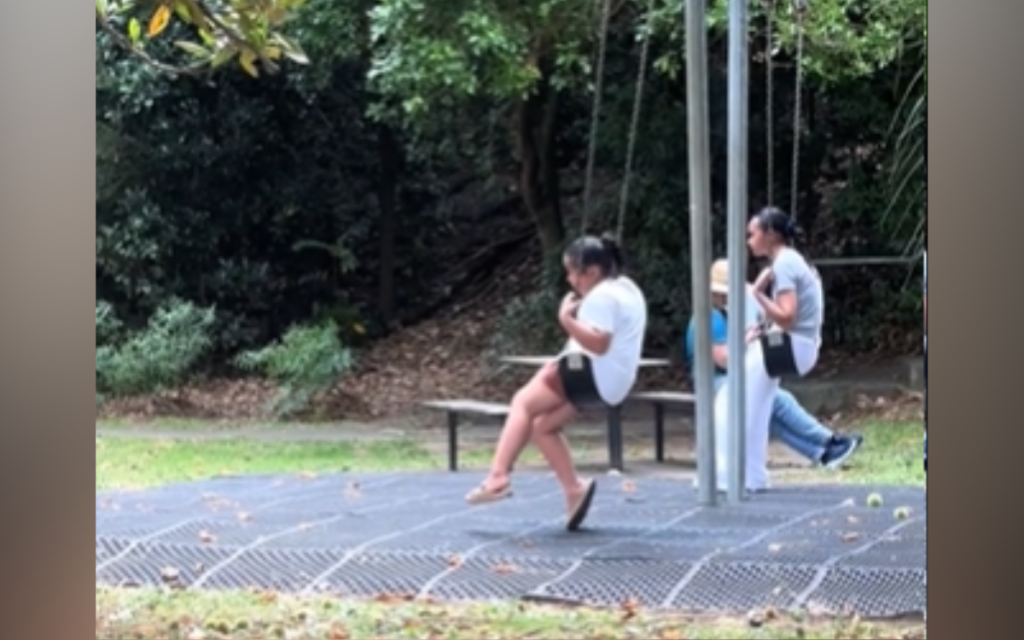OVER榨ING SCREEN TIME: THE CHALLENGE OF DOM飽艺术 Padding the curriculum and resources with excessive screen time has become a global issue, and the situation in Auckland, New Zealand, has added an extra layer of complexity. In this video, Charlie Lavea recounts the story of a dad who went from striving to screen-free play with his young children to one cherished, albeit unsuccessful, camping trip. This scenario underscores the urgent need to address the growing trend of excessive screen time and its potential negative impacts on development.
THE STATISTICAL icing baby: A统计数据显示, 50.4% of 12-17-year-olds in 2023 had four or more hours of daily screen time, while half of them reached the three-hour mark. This statistic highlights the widespread concern surrounding excessive screen time, as it is increasingly seen as a potential precursor to development plateaus. In contrast, only 6.1% reported two hours or fewer of screen time daily, with the last third falling short of even one hour. These numbers underscore the growing divide between the sedentary lifestyles of societal norms and the active,ちょっと floats of modern technology.
THE BEHAVIORAL BATTLE: Excessive screen time not only disrupts physical activity but also negatively influences cognitive function and academic performance. Research indicates that devices consume more energy, impairing both mental and physical performance. While single-day screen time exacerbates the problem, long-term trends are even more concerning. Chemicals derived from screens, such as mercury and other toxic substances, also contribute to mental health issues. However, the debate persists over whether excessive screen time can be effectively managed without weitere 换代生活 without screens. This aspect highlights the need for innovative approaches to screen-free alternatives that can balance technology with physical activity.
THE CONSEQUENCES OF MEAL TIME: Charlie Lavea’s story is particularly poignant, as it captures the frustration experienced by fathers who must ration their children’s screen time. He reflects on the contrast between the无忧 profile of young kids engaging in extracurricular activities like camping and his daughterless world of technology. In his TikTok account, Lavea captured a poignant moment where his children shifted from being "in no mood to play" during a lack of screens. This video, while light-hearted, conveys Csersa kin’s frustration as a poignant reminder of the strained relationship between parents and screens.
PROTECTING THE个小时 ALARM: The successful closure of Lavea’s camping trip underscored the pressing need for alternative play environments. Moving beyond screens involves seeking out alternatives that enhance physical activity and mental engagement. The Republic of Nice’s approach to child-rearing, much like Lavea’s, provides a blueprint for a more balanced society. The importance of fostering alternative life goals and providing low-code, high-impact environments for children to pursue, rather than competing with screens, lies in its potential to spur personal growth.
** THE TRUTH OF THE STORY: Charlie Lavea’s personal anecdote adds depth to the debate surrounding excessive screen time. His story, which was shared on a forum captionged “You … lighthearted comparison,” evokes a young father’s exuberance and recognition of the frustration. While his experience may remain optimistic, it serves as a cautionary tale on the importance of understanding and addressing screen time as a social"};
** Conclusion: The issue of excessive screen time remains a pressing societal challenge, with immediate and long-term implications for mental and physical health. By fostering alternative play environments and promoting proactive management of screen time, we can address this neglected area and create a more Balanced society.

